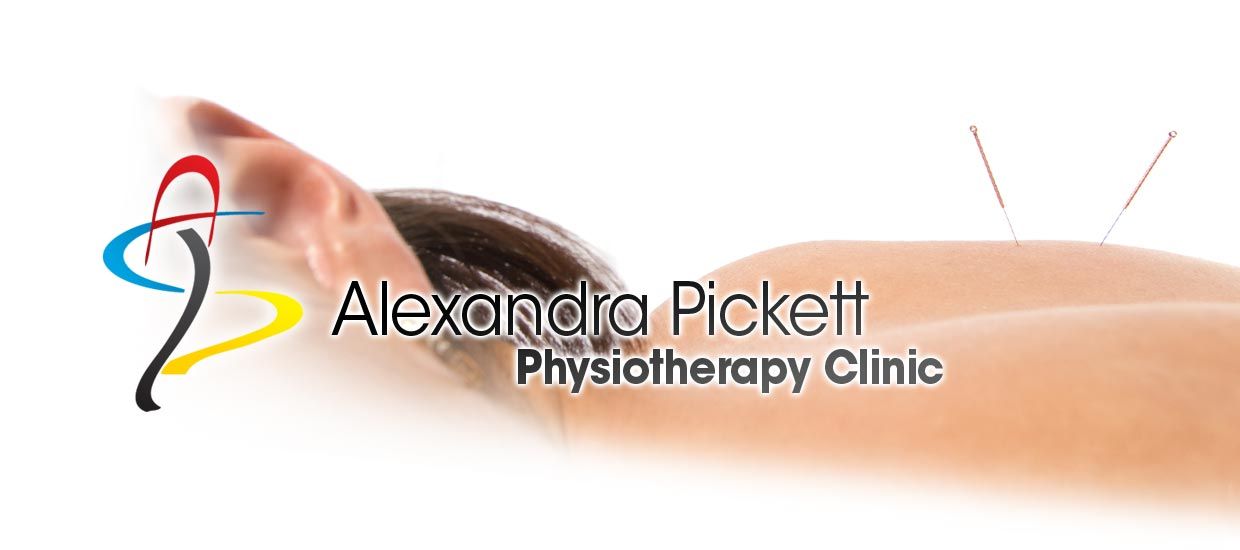HEADACHE
Headaches can come in various intensities and have even more causes.
Tension headache
Tension-type headache is the most common form of headache. Painkillers taken as required work well in most cases. Attention to lifestyle factors such as stress, posture, and exercise may help to prevent headaches. Medication to prevent headaches may help if you have frequent tension-type headaches.
What is tension-type headache and whom does it affect?
Tension-type headache is the common type of headache that most people have at some time. One study found that, on average:
- About half of adults have a tension-type headache every now and then - less than one a month. This is called infrequent episodic tension-type headache.
- About a third of adults have two or more tension-type headaches per month, but fewer than 15 a month. This is called frequent episodic tension-type headache.
- About 3 in 100 adults have a tension-type headache 15 or more times per month - that is, on most days. This is called chronic tension-type headache (sometimes called chronic daily headache).
What are the symptoms of a tension-type headache?
Typically, the pain is like a tightness around the hat-band area. Some people feel a squeezing or pressure on their head. It usually occurs on both sides of your head, and often spreads down your neck, or seems to come from your neck. Sometimes it is just on one side. The pain is usually moderate or mild, but sometimes it can be severe.
A tension-type headache can last from 30 minutes to 7 days. Most last a few hours or so.
The headache normally comes on during the day, and gets worse as the day goes on.
There are usually no other symptoms. Some people don't like bright lights or loud noises, and don't feel like eating much when they have a tension-type headache.
Cervico-genic headache
Simply said, this type of headache is caused by cervical spine dysfunction. It starts in the neck and spreads to the head.
If there is stiffness in the cervical spine, manual therapy can relieve your symptoms. Sometimes headaches can be caused by weakness or overuse in your deep neck muscles.
An in-depth examination needs to be carried out to establish this. A tailor-made exercise program will be given to train your neck muscles.









